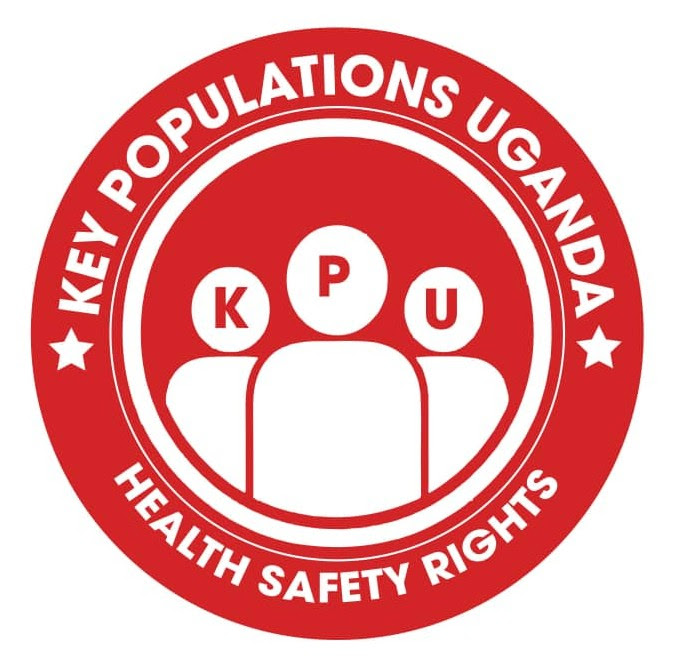PREP INFO
Pre-Exposure Prophylaxis (PrEP)
When taken daily, PrEP is highly effective for preventing HIV. Studies have shown that PrEP reduces the risk of getting HIV from sex by about 99% when taken daily. Among people who inject drugs, PrEP reduces the risk of getting HIV by at least 74% when taken daily. PrEP is much less effective if it is not taken consistently.
Pre-exposure prophylaxis (or PrEP) is when people at risk for HIV take daily medicine to lower their chances of getting HIV. Two medications, sold under the brand names Truvada® and Descovy® are approved for daily use as PrEP to help prevent a person without HIV from getting the virus from sex or injection drug use. Studies have shown that PrEP is highly effective for preventing HIV if it is used as prescribed. PrEP is much less effective when it is not taken consistently.
Note: Truvada® for PrEP is recommended to prevent HIV for all people at risk through sex or injection drug use. Descovy® for PrEP is recommended to prevent HIV for people at risk through sex, excluding people at risk through receptive vaginal sex. Descovy has not yet been studied for HIV prevention for receptive vaginal sex, so it may not be appropriate for some people.
For those at risk for HIV, daily PrEP is highly effective for preventing HIV from sex or injection drug use. PrEP is much less effective when it is not taken consistently.
No. PrEP does not work the same way as a vaccine. A vaccine teaches your body to fight off infection for several years. For PrEP, you take a pill every day by mouth. If you take PrEP daily, the presence of the medicine in your bloodstream can often stop HIV from taking hold and spreading in your body. If you do not take PrEP every day, there may not be enough medicine in your bloodstream to block the virus.
PrEP is for people without HIV who are at risk for getting the virus from sex or injection drug use. The federal guidelines recommend that PrEP be considered for people who are HIV-negative who:
Have had anal or vaginal sex in the past 6 months and:
- Have a sexual partner with HIV (especially if the partner has an unknown or detectable viral load)
or - Have not consistently used a condom
or - Have been diagnosed with an STD in the past 6 months
PrEP is also recommended for people who inject drugs and
- have an injection partner with HIV
or - share needles, syringes, or other equipment to inject drugs (for example, cookers).
PrEP should also be considered for people who have been prescribed non-occupational post-exposure prophylaxis (PEP) and
- report continued risk behavior, or
- have used multiple courses of PEP.
If you have a partner with HIV and are considering getting pregnant, talk to your doctor about PrEP if you’re not already taking it. PrEP may be an option to help protect you and your baby from getting HIV while you try to get pregnant, during pregnancy, or while breastfeeding.
Because PrEP involves daily medication and regular visits to a health care provider, it may not be right for everyone. And PrEP may cause side effects like nausea in some people, but these generally subside over time. These side effects aren’t life threatening.
Studies have shown that PrEP reduces the risk of getting HIV from sex by about 99% when taken consistently. Among people who inject drugs, PrEP reduces the risk of getting HIV by at least 74% when taken consistently. Since PrEP does not protect against other STDs, use condoms the right way every time you have sex.
PrEP can cause side effects like nausea in some people, but these generally subside over time. No serious side effects have been observed, and these side effects aren’t life threatening. If you are taking PrEP, tell your health care provider about any side effects that are severe or do not go away.
More studies are needed on this topic. But there are no known drug conflicts or interactions between the medicines used in PrEP and hormone therapy. There is no known scientific reason why the drugs cannot be taken at the same time. If you are worried that PrEP will affect your hormone therapy, ask your health care provider to check your hormone levels. People who use PrEP should see their health care provider every 3 months for follow up, HIV tests, and to have their prescriptions refilled. This visit could be combined with your hormone therapy appointments.
PrEP can be prescribed only by a health care provider, so talk to yours to find out if PrEP is the right HIV prevention strategy for you. You must take PrEP daily for it to work. Also, you must take an HIV test before beginning PrEP to be sure you don’t already have HIV and every 3 months while you’re taking it, so you’ll have to visit your health care provider for regular follow-ups.
Yes. With telemedicine (phone or video consultation with a health care provider) and mail-in self-testing, it is possible to order a specimen collection kit that contains the supplies to do all the testing required to start or continue taking PrEP, even if an in-person appointment is not possible. Contact your health care provider to see what options are available to you.
